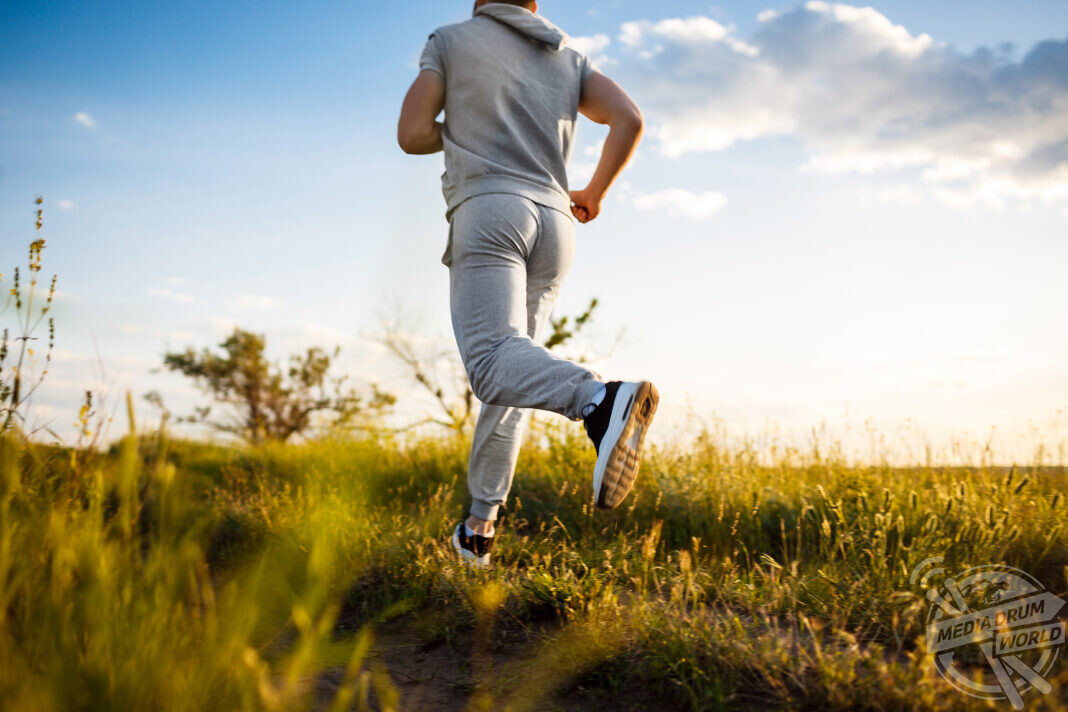Many people falsely assume or are told that living a greener, more sustainable lifestyle is hard. They are worried that they’ll have to make expensive swaps, or rush out and buy costly, eco-friendly, things to replace what they’ve currently got. This puts a lot of people off living a more environmentally conscious lifestyle.
But it’s wrong. Firstly, to rush out and immediately replace what you’ve got wouldn’t be good for the planet, even if the replacement was more sustainable. One of the best things that you can do is use something for as long as possible before replacing it, making repairs where possible, and selling on or giving away when you are finished with things. Sustaining what you’ve got and not buying new is great for the environment. Secondly, while some switches for a greener life, like installing better insulation and solar panels and buying an electric car are expensive, even if they will save you money in the long run, there are plenty of easy, affordable switches too. Here are some tips to help you.
Get Composting
Composting is one of the best things that you can do at home, for the good of the planet. Invest in a composter for your garden and start adding things like food peelings, grass cuttings, fallen leaves, coffee grounds, some cardboard and paper, pet bedding (herbivores only), cat and dog food, dust from your vacuum cleaner, and more.
If you want to compost even more, reducing the waste that your household sends to the landfill, you can start making sensible purchases. Switch to affordable eco-friendly coffee capsules that you can compost at home and try to look for compostable packaging wherever possible.
You can use this compost to feed your plants and grass, make your own potting soil, and add to fruit trees bedding, cutting down on the chemicals that you add to your garden later in the year.
Eat Less Meat
Eating less meat is an easy way to be more environmentally friendly, especially if you can get the whole household involved. Start by implementing meat-free Mondays and find some amazing plant-based recipes your whole family will love.
Let the bees help you
In addition to the proper soil, sunlight, and water, bees are essential for growing flowers. As natural pollinators, bees assist in the transfer of pollen from one flower to another, enabling the fertilization of flowers and the growth of seeds and fruits. This can result in a more diverse and plentiful array of flowers in your garden, giving it a more lively and natural appearance. Choose a reliable source of honey bees to ensure your garden has healthy flowering plants, which can improve its aesthetic appeal and draw bees and other pollinators, enhancing ecosystem health and biodiversity.
Buy Reusable If You Have to Buy at All
As we said at the beginning of this article, buying new when you don’t need to isn’t great. If you’ve got a drawer filled with plastic bags, throwing them all away and buying canvas totes instead wouldn’t be a good move. Use what you’ve got until it can be used no more, and then replace it with reusable options and sustainable materials like bamboo and canvas.
Borrow or Buy Second-Hand
When you do need something new, ask yourself if you could just borrow from someone else before buying. If this isn’t an option, explore second-hand options, and especially charity stores before you rush out and buy new.
Walk More
We’re encouraged to carpool or use public transport to reduce emissions, but actually walking or cycling would be an even better option. Get into the habit of walking shorter distances and only driving if you absolutely have to.
Waste Less Food
Food waste is a huge problem in modern society. But there are plenty of things that you can do to avoid it. Firstly, get out of the habit of doing big shops. Buying little and often typically means that you waste less. Then, start writing meal plans and shopping lists so that you know exactly what you need to buy. Once it’s in your house, start freezing leftovers or extra portions and cook with things like leftover meat.
Buy Local
Buying local is great for the planet because it means that your food hasn’t had to travel far to get to you. It’s also an excellent way to support local businesses and your local economy.
Often, living greener is actually cheaper than not. Making some changes like these could save you money, as well as reduce your carbon footprint.









